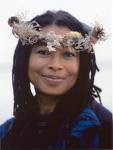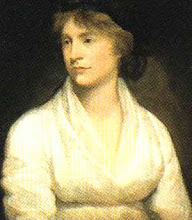The theme of Betts short story, “The Ugliest Pilgrim,” highlights the strength and dignity that a grotesque character gains by confronting their inadequacies and those of others and seeing the beauty that is within a person. Violet Karl was accidentally injured by her father when she was a teenager. The resulting scar was contentious for her. She travels to a televangelist to ask God to have the scar disappear. During her trip, she meets and old woman and two soldiers-one white and one black. Because Violet is able to look beyond race and age and find beauty, she gains strength and dignity in her situation.
In the end, she truly begins living her life. An example of Violet’s ability to look beyond age occurs when Violet stated that the old woman never looked at her scar. She states, “The funny thing is she’s looking past my head, though there’s nothing out that window but rock wall sliding by.” As the old woman sleeps, Violet remarks, “Now that her eyes are covered, I can study that face—china white, and worn thin as tissue…If I could wait to be eighty, even my face might grind down and look softer.”
Also with Flick, Violet changes her views and looks at the inner character. Initially, she says, “I’ll not take black skin, no offense.” Later she remarks that “Flick [let] his hand fall on [her] head and it [felt] as good as anybody’s hand.” She praised God that Flick ran after her at the bus stop.
11 September 2008
Subscribe to:
Post Comments (Atom)









1 comment:
Don't know if you're still working on this blog, but thank you for the piece you wrote on this story. I'm newly introduced to Doris Betts's work, and I absolutelly love this story.
Post a Comment